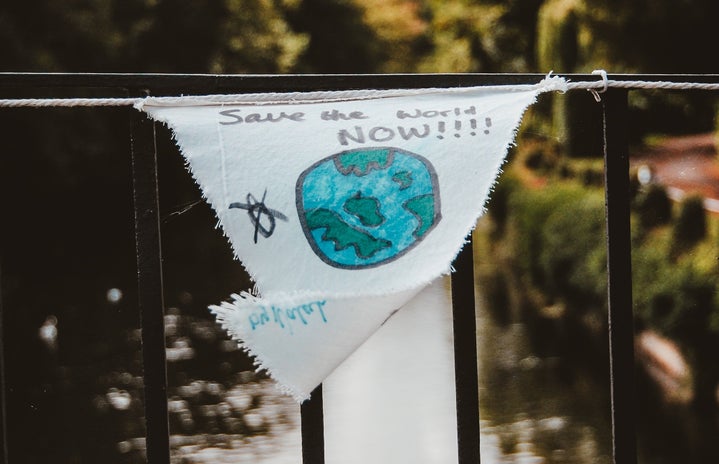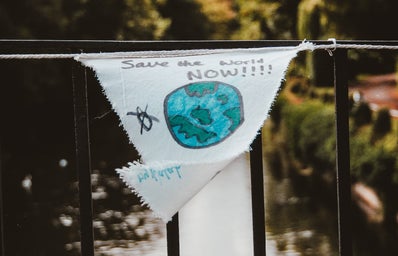One of the most frustrating aspects of living in the United States is how conflicted our politics and laws can seem. Each state is different from the other and from living in California for the past 21 years, I feel inclined to say that this state is particularly unique from everyone else. California has some of the most progressive and ambitious climate change targets but the United States as a whole, despite our status as a world leader, seems to have fallen behind with the efforts against climate change. Especially with President Trump withdrawing from climate compacts like the Paris Agreement. But all of the other countries that are leading the world in economy and power, and even some that don’t, have taken impressive steps to mitigate the damages of climate change.
Photo by Markus Spiske on Unsplash
Sweden
A law was recently passed that mandates that the government cuts all greenhouse gas emissions by 2045. They also have a successful recycling program that imports garbage to keep its recycling facilities running. Sweden burns garbage in low-carbon incinerators to power everything from buses to apartment heating systems and they use food waste to make climate-friendly biogas fuel. In 2017, the government reformed the tax system in order to allow people to get cheaper repairs on used items. H&M, which is a popular clothing store, also has a recycling scheme where customers get a discount when they turn in old clothes.
Photo by Andre Benz on Unsplash
Norway
This country uses the profits from its national petroleum sector to create a fund for investing in global equities. This country also has the highest concentration of electric cars in the world. Norway recycles up to 97% of its plastic bottles with its nationwide bottle deposit system. The plastic producers in Norway are subject to an environmental tax– the more of their plastic they recycle, the lower the tax. All of these producers are part of the bottle deposit system and once they reach a collective recycling target of above 95%, then they don’t have to pay the tax at all. In order to reach the target, they attach a deposit value, which is equal to about 15 to 30 cents depending on the size of each plastic bottle. This can be redeemed when it’s returned.
Indonesia
This year, Indonesia created a plan to deal with its plastic waste problem, which is more than what we can say for the U.S. They’ve acknowledged that they have a problem. It’s such a problem that the army had to be called in order to remove plastic waste from the river in Bandung, the third-largest city of Indonesia. The government is partnering with the Global Plastic Action Partnership to create an “innovative and data-driven approach” to solving their plastic problem. To build an analytical model, local waste management data will be collected in Jakarta. This model will be used to evaluate solutions which will contribute to the national plan of reducing marine plastic debris by 70% by 2025. The goal is to create a circular economy- all the plastic produced will be recycled and reused. This model will also be able to help with reducing overpackaging, use innovative recyclable plastic material, increase recycling rates, and improve waste collection rates.
Photo courtesy of Pixabay
These are just some of the ways other countries have made efforts to help the fight against climate change. We can take some notes from these other countries to make our own changes to the systems we have in place. We can adopt a new recycling system or implement more policies throughout the nation, rather than just state by state. As one of the leading nations in the world, we need to do our part to save our Earth.



